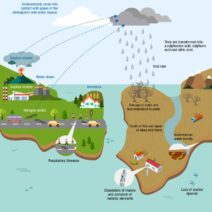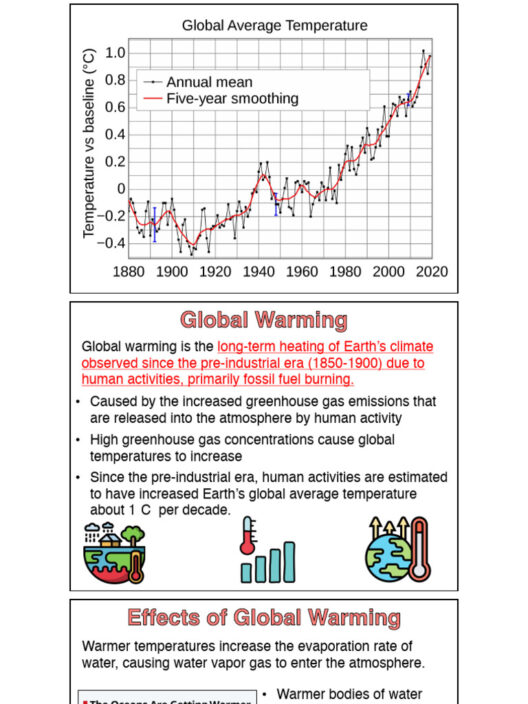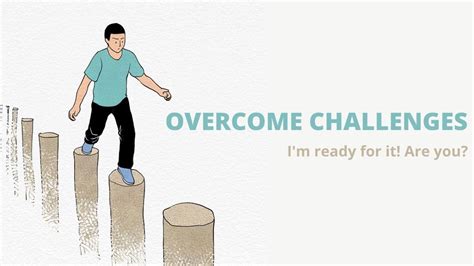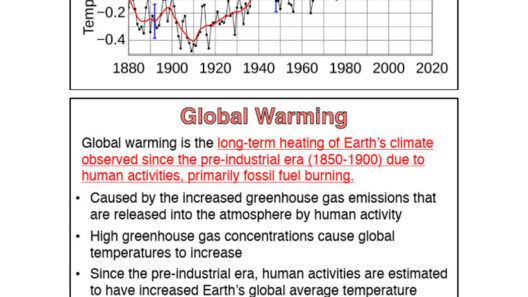Global warming represents one of the most formidable challenges confronting humanity today, necessitating a concerted effort to both mitigate its impacts and adapt to its pervasive effects. As climate change accelerates, threatening ecosystems, economies, and social structures, a multifaceted approach becomes imperative. This discourse aims to illuminate various methods and strategies that individuals, communities, and governments can adopt to combat this pressing issue while preparing for an uncertain future.
The core of mitigating climate change rests on the formidable task of reducing greenhouse gas emissions. Transitioning from fossil fuels to renewable energy sources is a paramount priority. Solar, wind, and hydroelectric power represent not just alternatives, but crucial instruments in the race against rising temperatures. These energy sources are sustainable, abundant, and, importantly, diminish our reliance on carbon-intensive fuels that exacerbate warming. Enhancing energy efficiency in buildings, transportation, and industries is equally critical. By retrofitting older structures, employing energy-efficient appliances, and adopting sustainable transport solutions such as electric vehicles, we can significantly curb emission levels.
However, while mitigation addresses the root cause, adaptation is equally vital as we grapple with the consequences of climate change that are already upon us. Communities must develop resilient infrastructures—such as flood defenses, drought-resistant agricultural practices, and robust water management systems—to withstand the effects of an increasingly volatile climate. Urban planning must shift towards sustainability, incorporating green spaces that not only enhance aesthetic value but also absorb carbon emissions and reduce urban heat islands. Cities can introduce ‘green roofs’ and permeable pavements, thus improving biodiversity while simultaneously managing stormwater effectively.
Education plays a crucial role in fostering a culture of sustainability. By cultivating an awareness of climate issues from an early age, we can empower future generations to implement innovative solutions and embrace responsible stewardship of the planet. Initiatives targeting schools, community organizations, and online platforms can proliferate knowledge about sustainability practices. This might involve workshops on recycling, composting, and conservation techniques, facilitating a transition to more environmentally-friendly lifestyles across demographics.
Corporate responsibility is another pillar in our collective strategy against climate change. Businesses across sectors must acknowledge their role in contributing to emissions and take meaningful environmental actions. Sustainable business models, including circular economies that prioritize recycling and waste reduction, can engender a paradigm shift. Companies can prioritize ethical sourcing, minimize their carbon footprint through supply chain efficiencies, and invest in carbon capture technologies. When businesses commit to sustainability, they not only reduce their environmental impact but also resonate with an increasingly eco-conscious consumer base, fostering long-term loyalty.
Furthermore, technological innovation stands at the forefront of climate change solutions. Investments in research and development can yield groundbreaking technologies for energy storage, carbon capture, and sustainable agricultural practices. Genetically modified organisms (GMOs) designed to require fewer resources and exhibit resilience against climate-induced stresses could revolutionize food production. Similarly, advancements in artificial intelligence can optimize energy consumption patterns and improve climate modeling, enhancing our predictive capabilities in addressing climate impacts.
International cooperation is indispensable in tackling global warming. Climate change knows no boundaries; thus, it requires collective action across nations. Frameworks such as the Paris Agreement exemplify the importance of global pacts to limit temperature rise and reduce emissions. Wealthier nations, often the largest contributors to greenhouse gas emissions historically, have a moral obligation to assist developing nations in implementing sustainable practices. By offering financial resources and sharing technology, developed nations can empower the global community to pursue a sustainable future.
Equity is also a fundamental aspect of climate change adaptation strategies. Vulnerable populations—often the most affected by climate impacts—require targeted support and resources to build resilience. This means integrating equity into climate policies, ensuring inclusive participation in decision-making processes. Engaging local communities in creating localized climate action plans can yield effective results tailored to specific vulnerabilities, fostering ownership and accountability in implementation.
Water resources are becoming increasingly scarce as climate variability intensifies. Effective management strategies are necessary to secure this vital resource. Rainwater harvesting, watershed management, and the use of advanced irrigation techniques can enhance water security. Additionally, public awareness campaigns designed to promote water conservation behaviors will be instrumental in curtailing wastage.
Moreover, the significance of forests, oceans, and biodiversity cannot be overstated in the fight against climate change. The preservation and restoration of natural ecosystems not only sequester carbon but also provide resilience against climate shocks. Reforestation initiatives, marine conservation efforts, and biodiversity protection schemes must be prioritized to maintain ecological balance and enhance our capacity to adapt to climatic changes.
In conclusion, addressing global warming necessitates a paradigm shift in perspective—a recognition that the fate of our planet hinges on collective action across all sectors of society. By implementing robust mitigation strategies, embracing adaptation measures, and fostering a culture of sustainability, we can equip ourselves to navigate the uncertainties that lie ahead. The imperative to act is now; only through unified and determined efforts can we hope to secure a livable future for generations to come.








